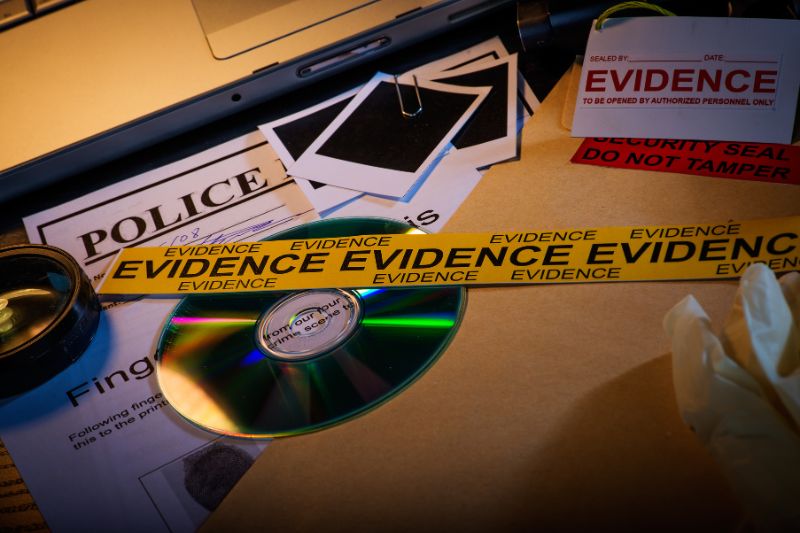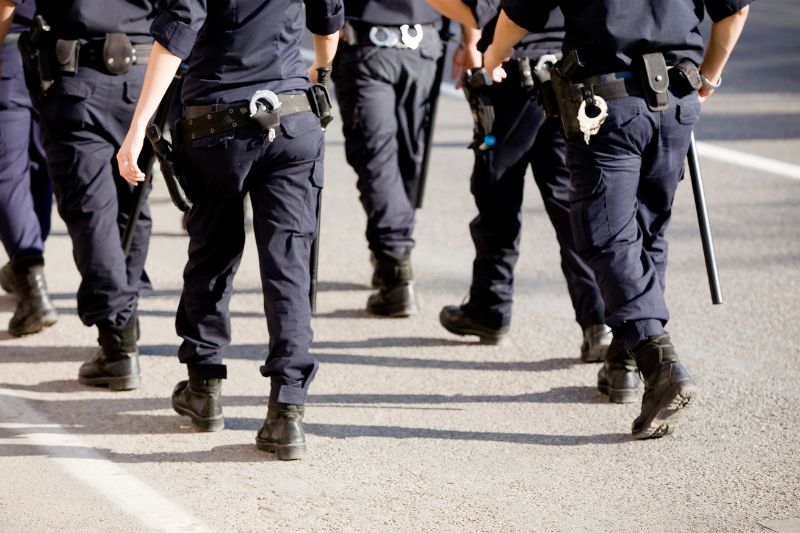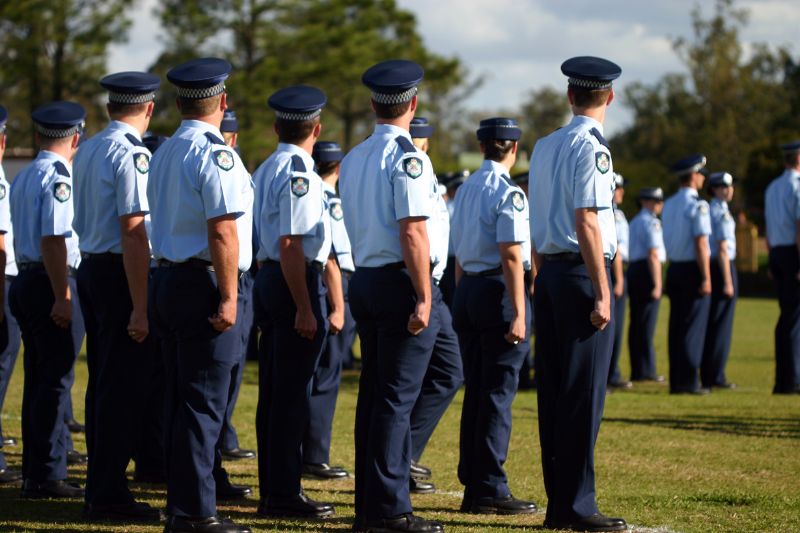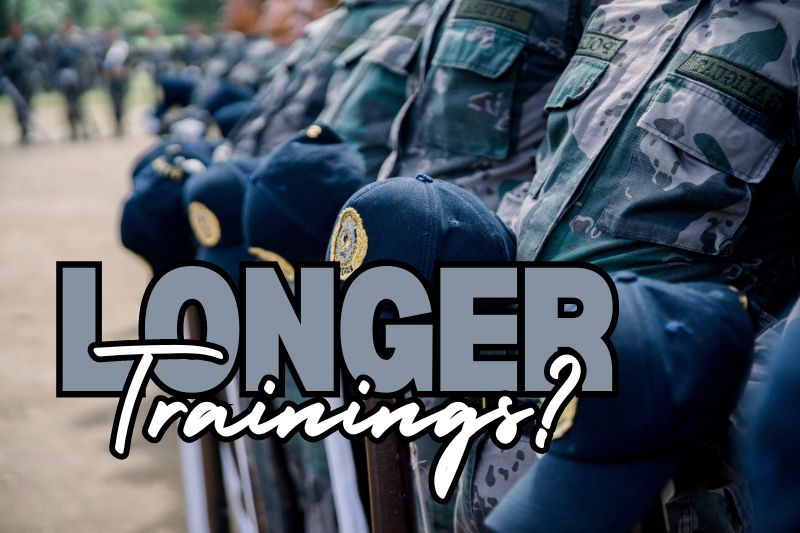Police officers hold a critical position in society, tasked with maintaining law and order, ensuring public safety, and upholding justice. The current duration of police academy training is often insufficient to fully prepare officers for the diverse challenges they face in modern law enforcement.
Extending police academy training can address numerous issues, enhancing the effectiveness, professionalism, and safety of officers and the communities they serve. Here’s why a longer training period is essential.
Enhanced Curriculum
One of the primary benefits of extended training is the ability to cover a more comprehensive curriculum. Currently, many police academies in the United States offer training programs that last only around 21 weeks, which pales in comparison to countries like Finland and Norway, where training can last up to three years.
Longer training periods allow academies to delve deeper into essential topics such as legal knowledge, ethics, human rights, and cultural sensitivity. This depth of training helps officers better understand the laws they enforce and the ethical standards they must uphold, fostering a culture of accountability and respect.
Advanced Skill Development

Modern policing requires a diverse set of skills beyond basic law enforcement techniques. Extended training can provide officers with advanced skills in areas such as conflict resolution, mental health crisis intervention, and de-escalation techniques.
According to the Police Executive Research Forum, the average police academy in the U.S. dedicates significantly more hours to firearms and defensive tactics training compared to communication and de-escalation skills. Balancing this with more extensive training in non-violent conflict resolution and community policing can equip officers to handle a broader range of situations more effectively and safely.
Mental Health Training
The mental health of police officers is paramount, yet it often receives insufficient attention in training programs.
Police officers frequently encounter high-stress situations that can take a toll on their mental well-being. Extended training periods can incorporate comprehensive mental health education, stress management techniques, and resources for psychological support. This focus can help officers manage their own mental health and recognize and appropriately respond to mental health crises in the community, potentially reducing incidents of excessive force and improving overall community relations.
Technological Proficiency

As technology continues to evolve, so too must the training for police officers. Longer academy programs can provide more in-depth instruction on the use of modern technology, from body cameras and data analysis tools to advanced communication systems.
Proper training on these technologies not only enhances operational efficiency but also increases transparency and accountability within police departments. By becoming proficient in the latest technological advancements, officers can improve their effectiveness and foster greater public trust.
Community Engagement
Building strong relationships with the community is essential for effective policing. Extended training allows for a greater emphasis on community-oriented policing strategies, teaching recruits how to engage with community members, build trust, and collaborate on safety initiatives.
Programs can include more immersive experiences where officers interact with diverse community groups, gaining insights into their concerns and fostering mutual respect. Enhanced training in this area can lead to more proactive and preventative approaches to policing, rather than reactive measures.
Comparative International Training Models

Looking at international models provides a compelling case for extended police training. For example, in countries like Germany and Finland, where police training programs last between two to three years, the focus is not only on law enforcement but also on developing social skills, ethical decision-making, and comprehensive community interaction.
These extended programs result in well-rounded officers who are better prepared to handle the complexities of modern policing. By adopting similar approaches, U.S. police academies can enhance the readiness and professionalism of their recruits.
Real-World Preparedness
Longer training periods offer more opportunities for realistic, scenario-based training that closely mirrors the situations officers will face in the field. This includes extensive practice in handling domestic violence incidents, active shooter situations, and high-speed pursuits under controlled conditions.
According to a study by the Council on Criminal Justice, recruits trained in realistic environments perform better under stress and are more adept at making quick, sound decisions in critical situations. This hands-on experience is invaluable in preparing officers for the unpredictable nature of their duties.
Continuous Improvement and Adaptation

Policing is an ever-evolving field that requires ongoing education and adaptation. Extended training programs can instill the importance of continuous professional development, encouraging officers to pursue further education and specialized training throughout their careers.
This culture of lifelong learning ensures that officers remain current with best practices, legal updates, and emerging technologies, enhancing their effectiveness and adaptability in the field.
Reducing Misconduct and Enhancing Accountability
Thorough and extended training can play a significant role in reducing incidents of police misconduct. By providing comprehensive education on legal standards, use-of-force protocols, and ethical decision-making, extended training helps officers understand the serious consequences of misconduct and the importance of accountability.
This education, coupled with ongoing evaluations and support, can foster a culture of integrity and professionalism within police departments.

